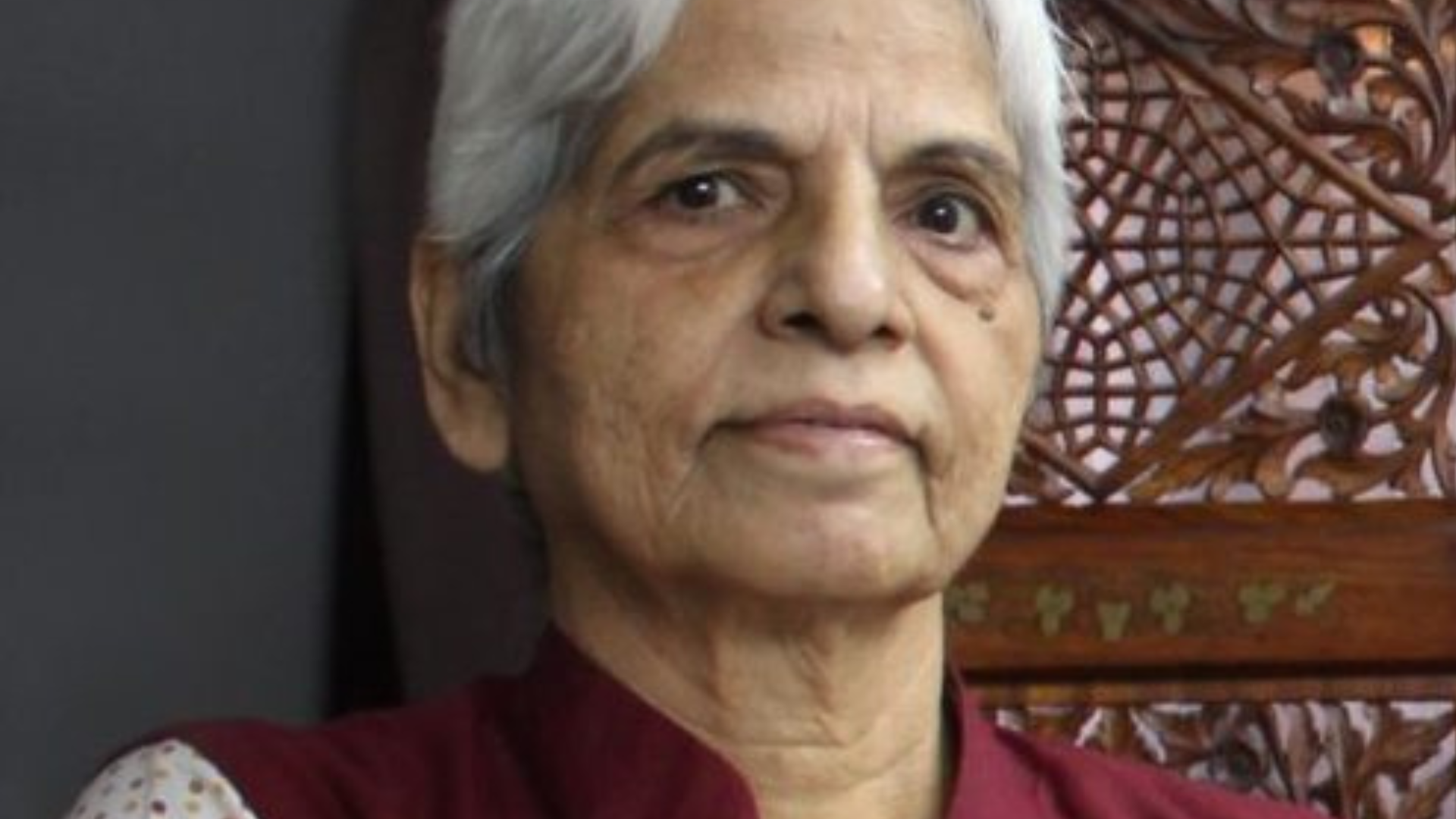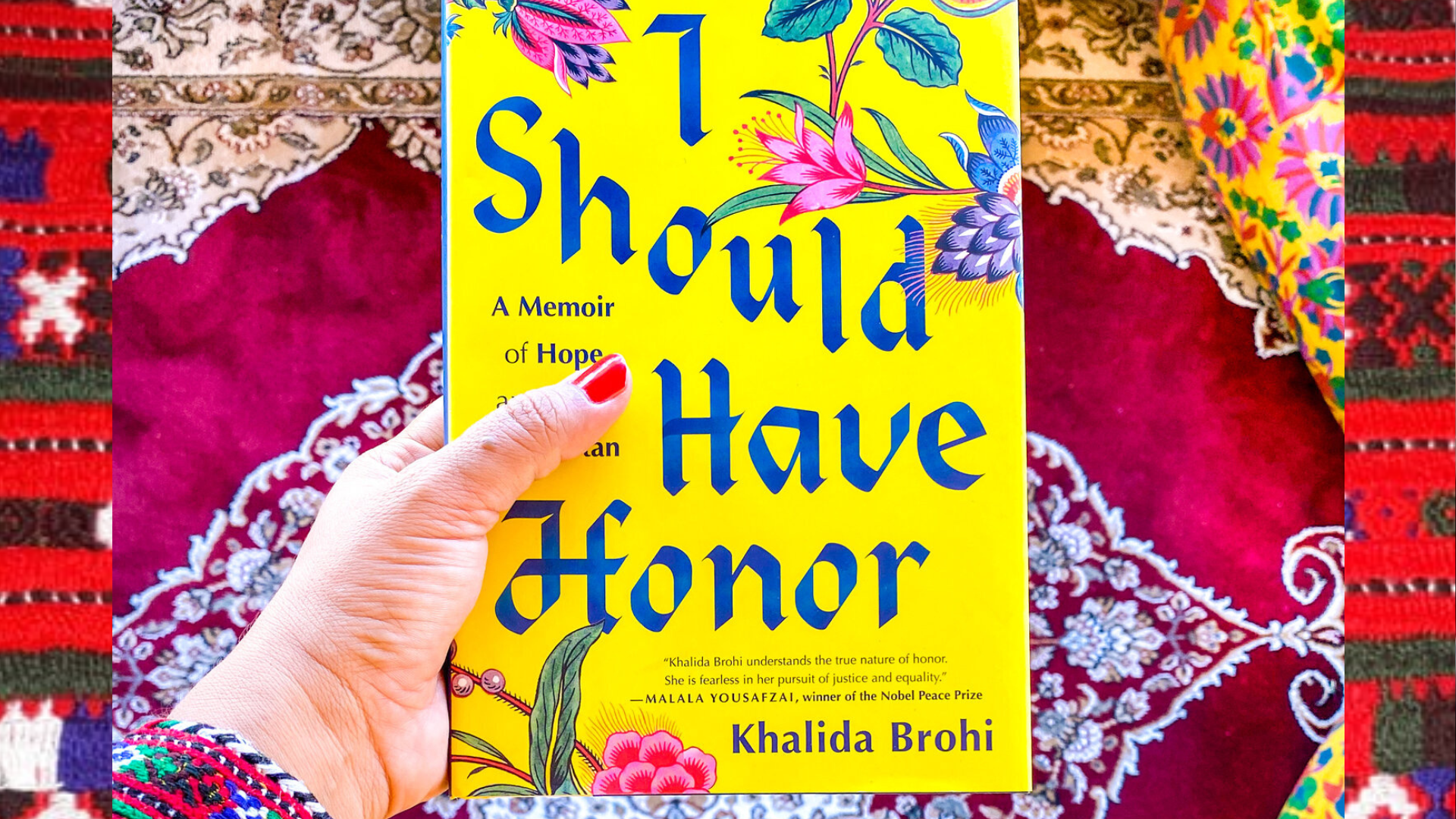
International Mother Language Day From Bangladesh to Iran
Author: Abdullah Baluchi
21 February is commemorated as International Mother Language Day. All around the world, this day is commemorated in various forms and with full zeal and valor.
The oppressed nations facing language discrimination are particularly keen to mark this day as they are not allowed to study in their native languages and are denied this right. For this reason, International Mother Language Day is considered an important historical day for them, as it recognizes their right to education in their native languages.
The history of International Mother Language Day dates back to 21 February, 1952, when present-day Bangladesh, then called Eastern Pakistan, banned the Bengali language as a medium of instruction in schools and governmental departments. In 1948, the Government of the Dominion of Pakistan designated Urdu, a language which was spoken by only by 3% of population, as the sole national language. The Urdu-Bengali controversy was reignited when Jinnah’s successor, governor-general Khawaja Nazimuddin staunchly defended the “Urdu-only” policy – sparking extensive protests among the 97% Bengali-speaking majority of East Bengal. Mass protests erupted across East Bengal, and students demonstrated against the grave injustice at different universities in the region. These student protesters faced brutality at the hands of police.
People demanded that the Bengali language be recognized as the second official language alongside the Urdu language in East Bengal,but the Government of Islamabad was not receptive to this demand. The indigenous people of East Bengal continued campaigning for their native language rights, which ultimately led to the independence of Bangladesh. Since then, the people of Bangladesh have celebrated 21 February every year.
After the liberation of Bangladesh, the Bangladeshi government asked the UNESCO to recognize 21 February as international mother language day.
This request was approved at the 1999 UNESCO General Conference, and has been observed throughout the world since 2000. UNESCO believes in the importance of cultural and linguistic diversity for sustainable societies. In 2008, the United Nations also recognized 21 February as International Mother Language Day.
In 1999, at the 30th Session of UNESCO’s General Conference, countries adopted a Resolution that established the concept of ‘multilingual education,’ which refers to the use of at least three languages in education: the mother tongue, a regional or national language, and an international language.
Iran is an ethnically diverse country, and 50% of it’s population speak a variety of native languages as their mother language. Despite the fact that only half of the population speak Persian as their first language, it is the only language that is recognized in Iran.
The Constitution of the Islamic Republic of Iran asserts that the Persian language alone must be used for schooling and for all official government communications. This makes the ethnic minorities face extreme discrimination, as they are not allowed to operate schools in their native language andare forced to use Persian in all formal settings.
International Mother Language Day is an opportunity for all language right, literary, and linguistic activists to campaign to preserve their native language.


